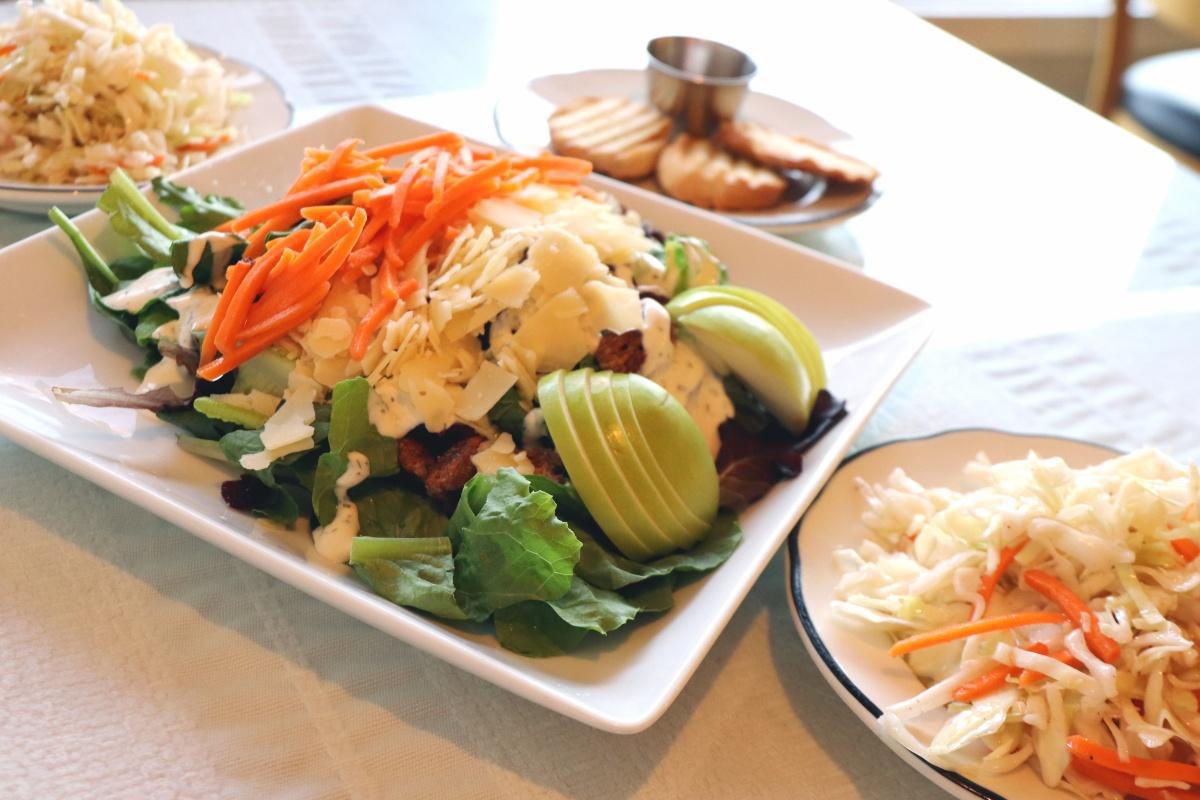formulatehealth, Healthy Food - Colourful Fruit and Veg - 50191699151, CC BY 2.0
In a society increasingly obsessed with wellness, the line between health consciousness and disordered behavior is becoming dangerously thin. Orthorexia nervosa—a term coined in 1997 by Dr. Steven Bratman—refers to an unhealthy obsession with eating foods one considers "pure" or "clean." Unlike anorexia, which is primarily focused on quantity and body image, orthorexia centers on the quality of food. At first glance, it may look like a disciplined commitment to wellness, but in its extreme form, it can take a serious toll on both physical and mental health.
What makes orthorexia particularly insidious is how socially acceptable—even admirable—it can seem. Meal prepping, organic-only shopping, cutting out gluten or sugar, and reciting the benefits of chia seeds might not raise any red flags. In fact, these behaviors are often celebrated. But when someone becomes consumed with rigid food rules, avoids social situations to stay “on plan,” or experiences intense guilt or anxiety after eating something “impure,” it may be a sign of something deeper.
The psychological underpinning of orthorexia lies in control and moral judgment. People with orthorexia often associate their food choices with their sense of self-worth. A day of “clean eating” brings a sense of virtue and accomplishment, while a deviation from the diet may lead to self-loathing. Over time, the diet becomes a way to manage anxiety or feel in control, even as it begins to restrict one’s freedom and joy.
Prayitno / Thank you for (12 millions +) view from Los Angeles, USA, Salads at a restaurant, CC BY 2.0
This rigidity can result in nutritional deficiencies, unintended weight loss, and social isolation. When entire food groups are labeled “bad,” it’s easy for the diet to become dangerously narrow. What begins as a desire to be healthy can paradoxically lead to malnutrition, weakened immunity, and psychological distress.
Social media often exacerbates orthorexia. Platforms like Instagram and TikTok are full of influencers who showcase aspirational “what I eat in a day” content, often devoid of professional nutritional guidance. The aestheticization of food—artful smoothie bowls, pristine salads, detox teas—encourages the idea that health is visible and performative. For someone predisposed to perfectionism, these cues can spiral into obsession.
Diagnosing orthorexia is tricky, as it’s not officially recognized as a distinct eating disorder in the Diagnostic and Statistical Manual of Mental Disorders (DSM-5). However, mental health professionals are increasingly acknowledging its presence, especially among those already vulnerable to anxiety or obsessive-compulsive traits. Screening tools like the ORTO-15 questionnaire can help identify at-risk individuals.
Basile Morin, Illuminated facade of a restaurant serving traditional food with fresh vegetables in Chiyoda, Tokyo, CC BY-SA 4.0
Treatment for orthorexia often requires a multidisciplinary approach. Therapy, especially cognitive behavioral therapy (CBT), can help reframe rigid food beliefs and address the underlying anxiety. Working with a registered dietitian who specializes in eating disorders is also critical to rebuilding a balanced relationship with food. In some cases, medications for anxiety or OCD may be prescribed as part of a comprehensive care plan.
Ultimately, the goal isn’t to stop caring about health, but to recognize that health includes mental and social well-being—not just kale and kombucha. It's about embracing flexibility, not perfection. Learning to trust the body, challenge food fears, and enjoy the occasional slice of cake without panic is not failure—it’s freedom.


